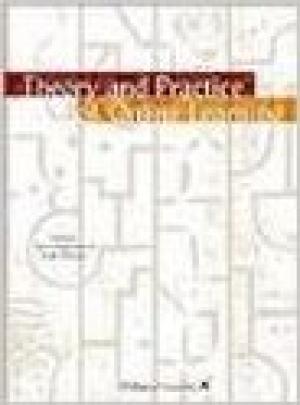Resources
Provides a structured and practical model that combines inquiry into the intellectual work of a course, careful investigation of student understanding and performance, and faculty reflection on teaching effectiveness. This website is designed to serve as an international repository for course portfolios written by faculty who teach at postsecondary institutions. 
A collection of instruments for conducting peer review of teaching, provided by the university of Minnesota
This SUNY Albany site considers, the role of peer observation of teaching in both formative and summative assessment, developing a departmental plan, and choosing or designing an instrument to guide peer observation (including downloadable forms).
Guidance on the process of university peer observation, with a selection of instruments that faculty and department can adapt for assessment of teaching. By the University of Texas at El Paso. 
Materials developed through a series of workshops, consultations, and reciprocal peer review processes. Helpful to faculty, chairs, and directors interested in learning how they could use peer review to enhance teaching effectiveness in their programs. 
2012 bibliography compiled on the POD listserv

Useful tools for online instruction, but also theory, administration, and methods of design. The contents of the entire book is available free online through pdf download. 
Three substantial pages, well-researched, and accessible. The site seeks to link student thinking, learning and performance in a peer tutoring program. Provided by the Learnwell Projects.
A user-friendly and practical tool to assist faculty in planning and implementing online courses. Based on the principles of teaching and learning proposed by Chickering & Gamson (1987): Student-Faculty Contact, Cooperation Among Students, Active Learning, Prompt Feedback, Time on Task, High Expectations, and Diverse Talents and Ways of Learning. 
University of Tennessee (Knoxville) site with a “course design chart” to guide you through the instructional design steps of analyzing, designing, developing delivering, and evaluating an online course. Plus a compendium of teaching tools and a glossary of definitions.